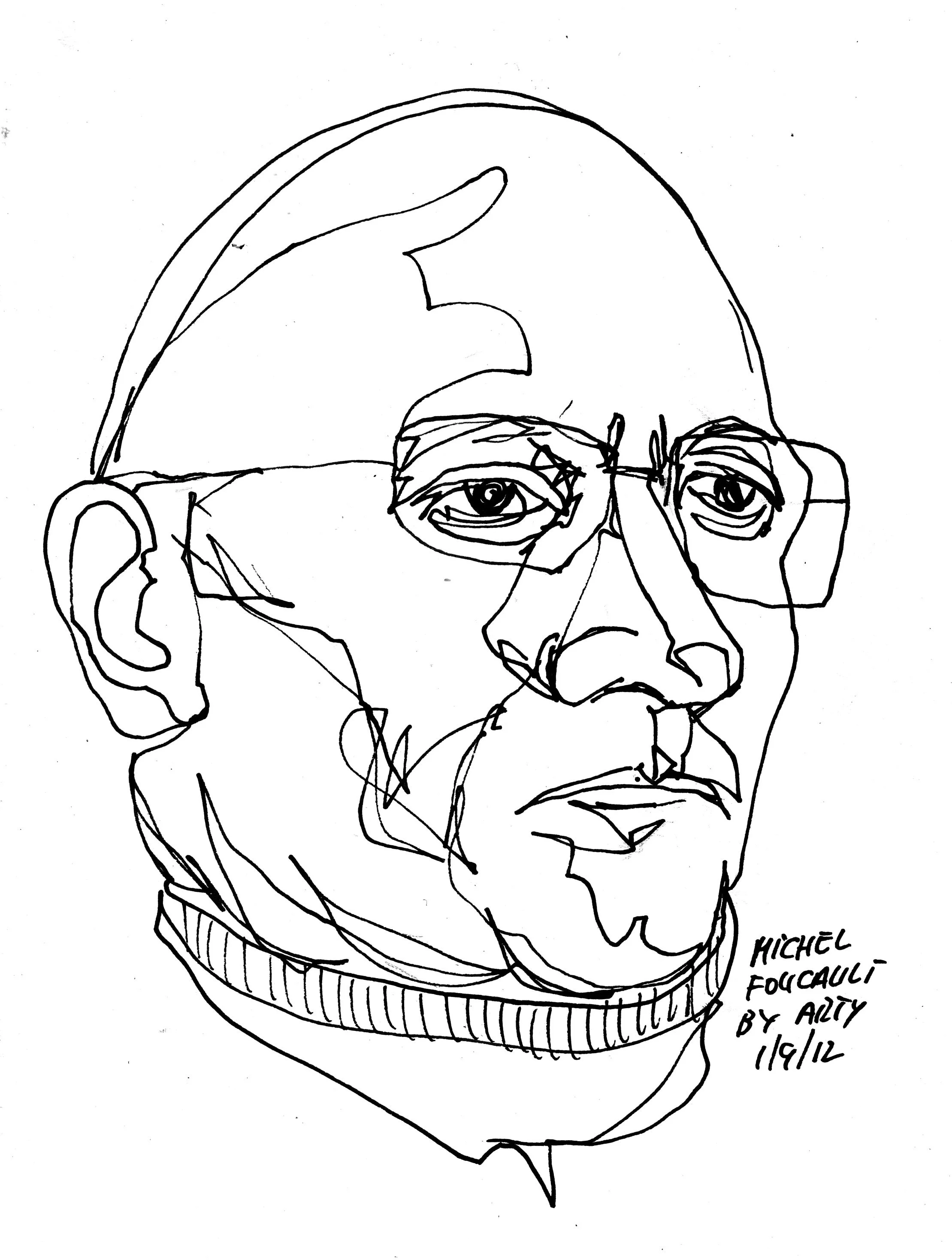REVOLUTIONARY SPECTATORSHIP AND SUBALTERNITY
FOUCAULT IN IRAN
DANIEL J. SCHULTZ
In this article, I offer a novel reading of Michel Foucault’s Iranian writings and probe their unexplored linkages with longstanding historiographical debates. I argue that these writings run headlong into the conceptual aporias of political modernity by contesting the assumed parallelism between consciousness and history and between subjects of history and history as Subject. I take up this problem through the double frame of revolutionary spectatorship and subalternity. In the first instance, I analyze Kant’s contradictory reflections on the French Revolution and Marx and Engel’s response to the (failed) revolutions of 1848 to show how uprisings are made to conform to a theory of the subject. In the second instance, in conversation with subaltern studies (Guha, Chakrabarty, and Spivak), I focus on the problem of representing the revolutionary subject or insurgent consciousness. Foucault’s Iranian writings problematize the particular way the revolutionary subject (the person who rises up [se lève], in Foucault’s vocabulary) is represented, or historiographically phrased. I argue that the confounding factor in this phrasing, the hard object that resists integration, is religion. I build a set of relays between genres of writing—philosophical journalism, philosophy of history, and subaltern historiography—that are subtended by this problem of incommensurability in order to illustrate the double bind of phrasing a religious subject in revolt. Across these heterogeneous conceptual grammars of historical analysis, I track “religion” and the “colonial” as différends in relation to what counts as a subject of history or history as Subject, and I show how religious and colonial phrasings (of history and subjectivity) find themselves in a position that has lost the capacity to claim a position.
Image: Michel Foucault for PIFAL Pen on Fabriano (2012), by Arturo Espinosa

